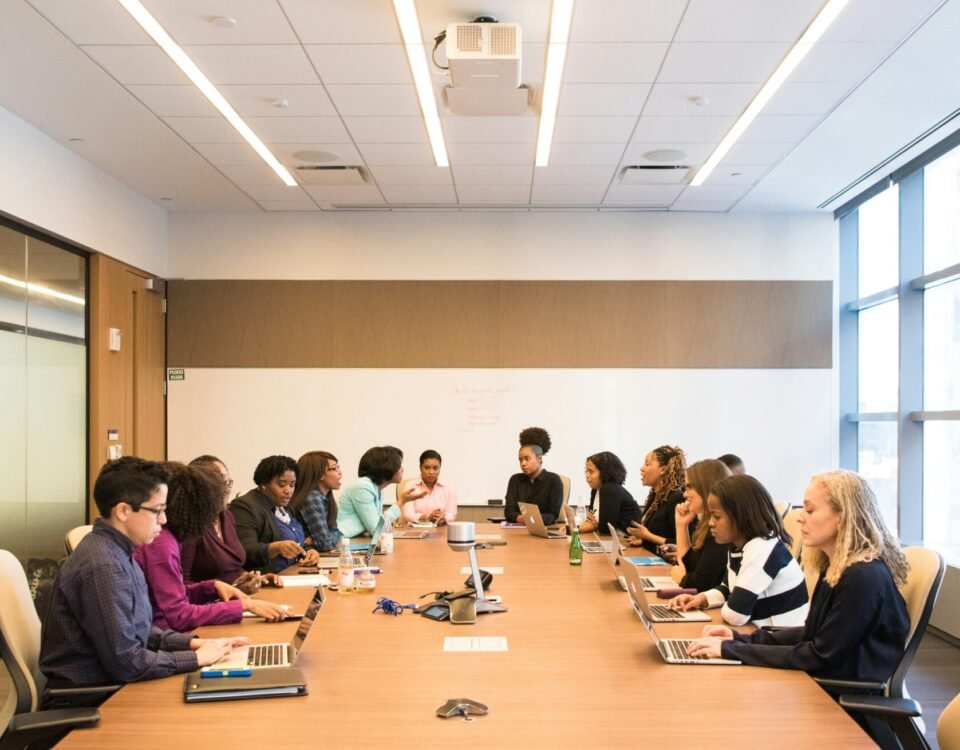“International development” gets thrown around a lot—but what does it actually mean, and why does it matter?
At first glance, the term can feel like a catch-all. But behind the jargon lies a field deeply concerned with how people, systems, and institutions function—and how they can work better to improve lives.
A Simple Definition (That Still Holds Up)
International development refers to efforts that improve economic, social, and political conditions in low- and middle-income countries. It spans everything from reducing poverty and increasing access to health and education, to strengthening governance systems and tackling climate challenges.
But its broad scope is also why the field can seem messy—and often misunderstood.
Beyond Charity: Development Is About Systems
Too often, international development is framed as charity or short-term aid. But the most impactful efforts aren’t about handouts—they’re about enabling lasting, locally owned progress.
That means strengthening the institutions that deliver services. It means supporting governments to respond more effectively to citizens. And it means helping public systems adapt and evolve in complex, real-world contexts.
It also means acknowledging that development is political. Reforms don’t happen in a vacuum—they require coalitions, trust, and difficult trade-offs.
Who Does International Development?
The field brings together a wide and evolving mix of actors:
- Governments (both donor and partner countries)
- Multilateral organizations like the World Bank or UN agencies
- NGOs and local civil society organizations
- Research institutions and think tanks
- Private sector actors and consulting firms
And increasingly, government delivery units and frontline implementers are stepping into leadership roles—because sustainable change must be driven from within.
What Makes Development Work
In our experience, development efforts are most effective when they combine:
- Local ownership – Grounded in local leadership, not imported blueprints.
- Strong institutions – Systems that are capable, accountable, and resilient.
- Realistic timelines – Change takes time; results come from long-term commitment.
- Continuous learning – Feedback, reflection, and iteration—not fixed formulas.
Why It’s Messy (But Worth It)
International development is not easy work. It operates across cultures, power dynamics, political systems, and resource constraints. Success is difficult to measure. And what works in one context might fail in another.
But when done well, development saves lives, expands opportunity, and helps governments meet the needs of their people. It’s worth doing—and worth doing better.
What We Believe at Lapnos
At Lapnos, we don’t see development as a technical puzzle to solve. We see it as a long-term partnership with governments and local institutions. Our work is grounded in context, powered by multidisciplinary teams, and focused on real-world outcomes.
Because ultimately, development isn’t about quick fixes or perfect plans.
It’s about building lasting systems—and better futures.





